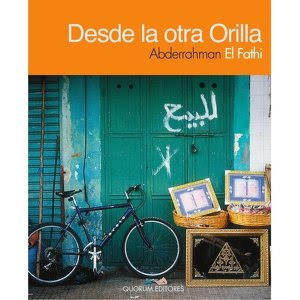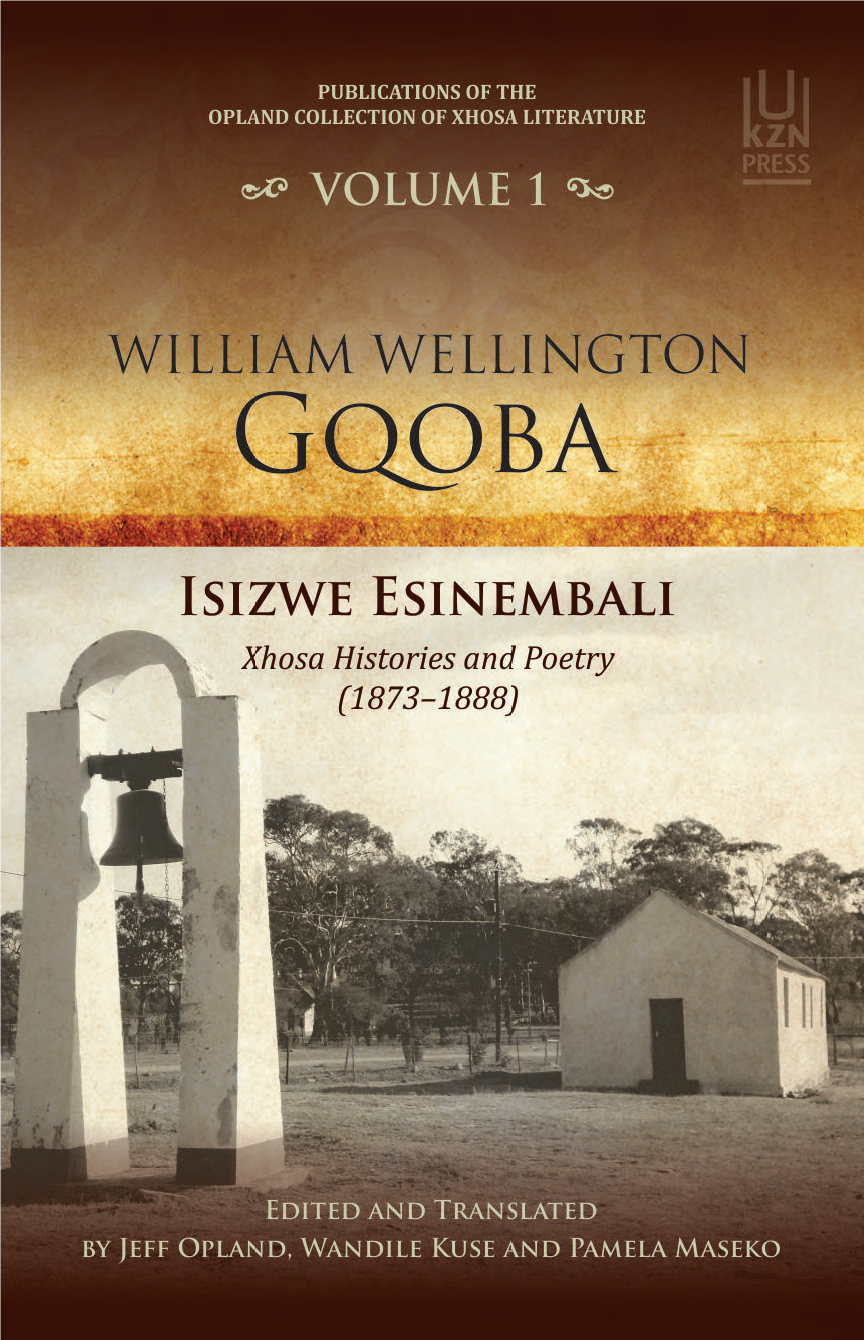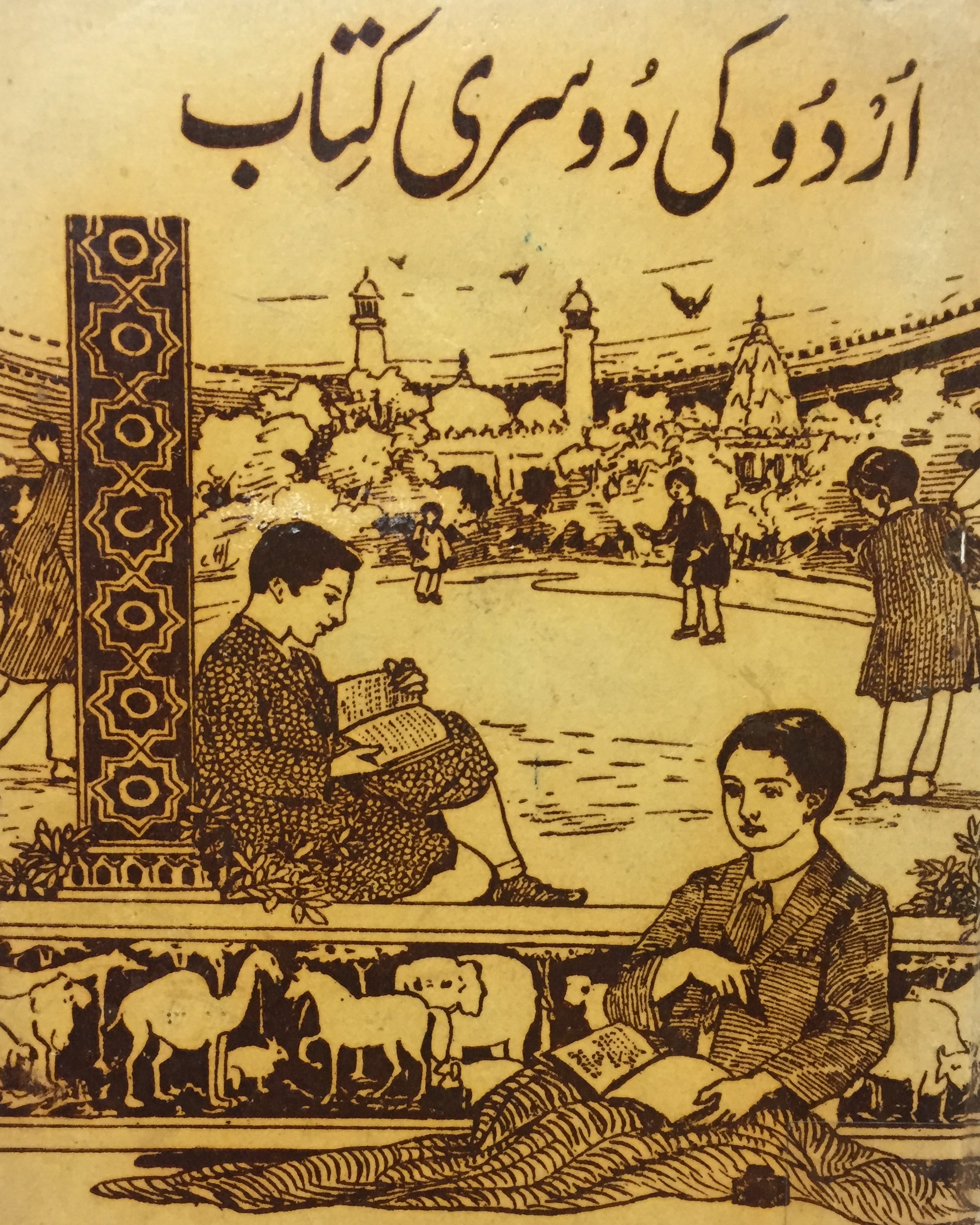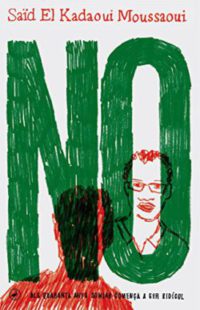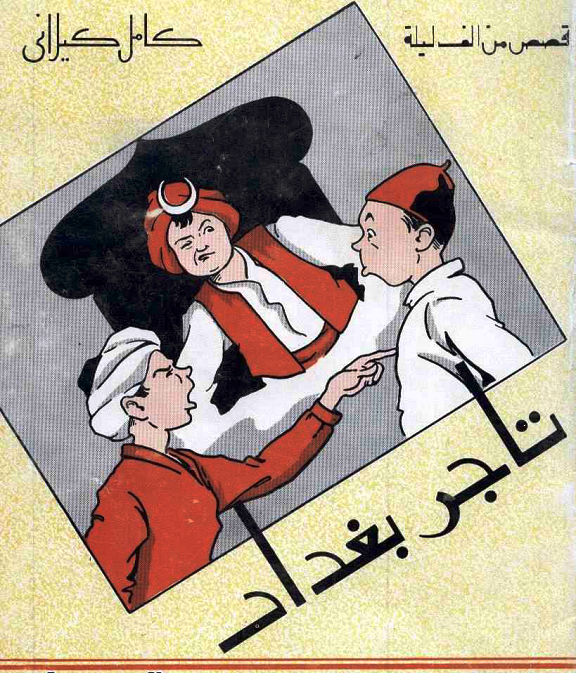MULOSIGE seeks texts with aesthetic value and literary significance, with the understanding that World Literature is much more than a means to ‘represent’ a language or culture to a Western audience. These can be literary texts in any of MULOSIGE’s target languages, critical studies that inform our understanding of literature, or English renderings of primary texts which we hope will reach a wider audience.
Khabees Orat: A reflection on bi-cultural humour
The character “Khabees Orat. portrays the opposite of what an average Pakistani woman is expected to be, in return becoming the representation of the inner voice of a large majority of local women. ” Where “orat” can literally be translated into “woman”, “Khabees” is a combination of “notorious,” “wicked, “dishonorable,” “devilish” and “corrupt” qualities.
From indigenous to Catalan?: Shifting paradigms of identity in the limits of Moroccan literatures
Hispanophone Maghribi authors have not yet made inroads into the Spanish literary scene and academia, nor in the Moroccan one. This double absence derives on the one hand from the particularities of this colonial context, but it is also related to the general absence of Hispanophone literatures within the field of postcolonial studies, where issues related to the modern Spanish colonies are not often discussed.
What’s in a Meme?: Literature, Representation, and Renegotiation.
Jenny Carla Moran is a Postcolonial studies MA student at SOAS University of London. She is the co-founder and a previous co-head editor of Trinity College Dublin's feminist journal, nemesis. Her current research interests
Multilingual Counterpoint in Nuruddin Farah’s Sardines
Tayseer Abu Odeh discusses how Somali writer Nuruddin Farah explores how to challenge narratives of history and power in his novel Sardines.
William Wellington Gqoba’s Isizwe Esinembali Xhosa Histories And Poetry (1873 – 1888)
Sanele Ntshingana recently received an honours degree in African languages from Rhodes University. He is now studying for an MA in African Languages with a focus on historical sociolinguistics. His research interests include Xhosa
Making the child ‘sharīf’ in Urdu textbooks – Muslim, yet not Islamic
Sumaira Nawaz reflects on Urdu educational texts in colonial North India and how they informed new sensibilities and identities across religious divides
Amazigh, Catalan, Spanish, Moroccan? Said El Kadaoui: Saying No At a Time of Flags
Laura Casielles (Spain, 1986) is a PhD student at the Department of Arabic Studies at the Universidad Autónoma de Madrid. Her research focuses on Moroccan authors writing in French and Spanish as well as on writers of
Kamel Kilani’s magical stories revolutionized Arabic children’s literature
Kamel Kilani, a pioneer of children's literature in Arabic, translated and redacted from a remarkably catholic range of sources, as Egyptian writer Baheyya explores in this reposted blog



